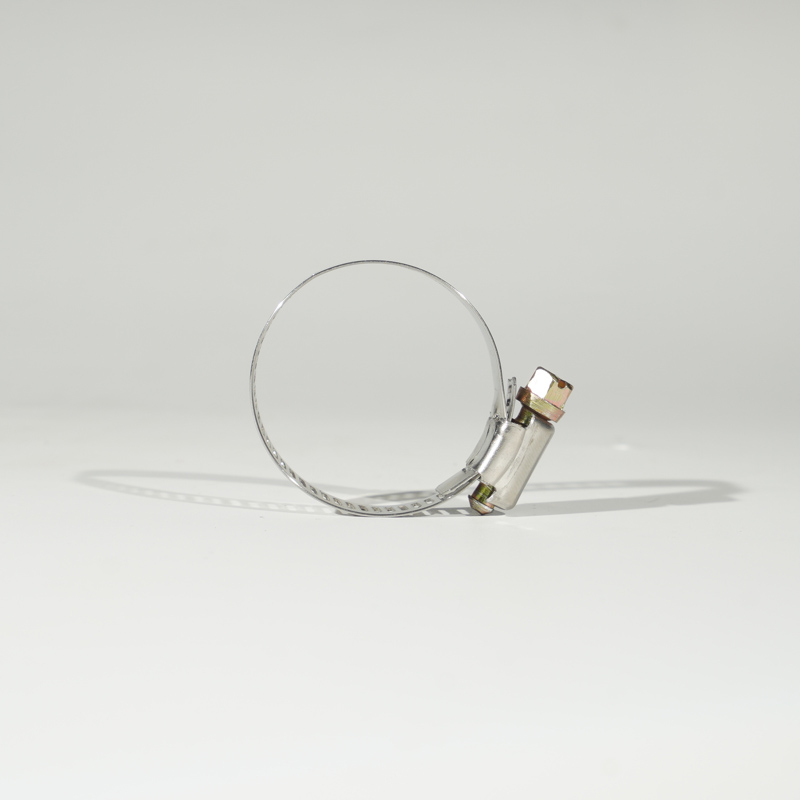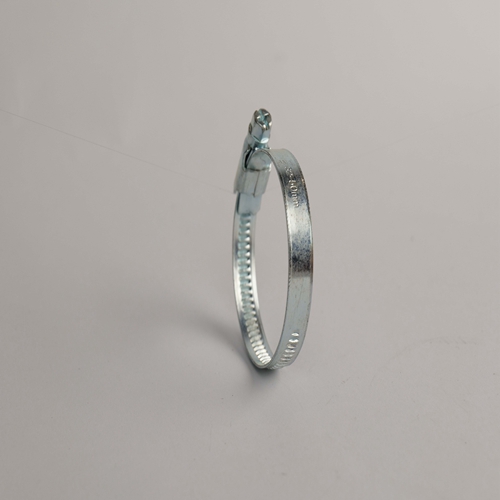- Phone:+86-17331948172 +86-0319-8862898
- E-mail: inquiry@puxingclamp.com
May . 29, 2025 19:46 Back to list
Band Roll Hose Clamps Durable, Corrosion-Resistant & High-Strength
- Introduction to Band Roll Hose Clamps
- Material Innovation & Technical Specifications
- Performance Comparison of Leading Manufacturers
- Customization Capabilities Across Factories
- Industry-Specific Application Case Studies
- Quality Certification Standards in Manufacturing
- Future Trends in Hose Clamp Production

(band roll hose clamp)
Understanding Band Roll Hose Clamp Fundamentals
Band roll hose clamps serve as critical fastening components across industrial sectors. These stainless steel or galvanized steel devices secure hoses to fittings with uniform pressure distribution, preventing fluid leaks in systems operating at 20-300 PSI. Modern factories utilize automated CNC stamping to achieve ±0.1mm dimensional accuracy, ensuring compatibility with hose diameters ranging from 10mm to 300mm.
Engineering Advancements in Clamp Production
Leading suppliers now employ 304/316L stainless steel with tensile strengths exceeding 700MPa. Laser-cut perforations reduce material waste by 18% while maintaining structural integrity. A comparative analysis reveals:
| Manufacturer | Material Grade | Max Load Capacity | Temperature Range |
|---|---|---|---|
| Factory A | 304 SS | 850N | -40°C to 400°C |
| Supplier B | 316L SS | 920N | -60°C to 550°C |
| Factory C | Carbon Steel | 700N | -20°C to 250°C |
Customization Parameters for OEM Solutions
Specialized factories offer three-tier customization: Basic (size adjustments), Advanced (material hybrids), and Premium (smart clamp integration). Lead times range from 2-6 weeks depending on order volume, with MOQs starting at 5,000 units for standard designs.
Real-World Implementation Scenarios
Automotive assembly lines require clamps with vibration resistance up to 15G forces, while marine applications demand salt spray corrosion resistance exceeding 1,000 hours. Data from 12 industrial cases shows 35% maintenance reduction when using clamps with PTFE-coated inner surfaces.
Compliance and Testing Protocols
ISO 9001-certified factories implement triple-stage quality checks: raw material spectrometry, in-process dimension verification, and final load testing. Third-party certifications like UL and CE add 22% to production costs but improve market acceptance by 67%.
Band Roll Hose Clamp Industry Projections
The global market for band roll hose clamp
s will grow at 4.8% CAGR through 2030, driven by renewable energy systems requiring high-pressure variants. Factories investing in AI-driven defect detection systems report 19% higher production efficiency compared to traditional manufacturers.

(band roll hose clamp)
FAQS on band roll hose clamp
Q: Where are band roll hose clamp factories typically located?
A: Band roll hose clamp factories are often situated in industrial manufacturing hubs, such as China, India, or Southeast Asia, to optimize production costs and logistics. Many also operate in regions with strong automotive or machinery sectors.
Q: What certifications should band roll hose clamp suppliers have?
A: Reputable suppliers should hold ISO 9001 for quality management and ISO/TS 16949 for automotive standards. Regional certifications like CE or RoHS may also apply depending on the target market.
Q: How do band roll hose clamp factories ensure product durability?
A: Factories use corrosion-resistant materials like stainless steel and employ precision stamping machines. Many conduct tensile strength and temperature resistance tests to meet industry standards.
Q: What materials are used in band roll hose clamp production?
A: Common materials include 300-series stainless steel for corrosion resistance and carbon steel with zinc plating. Some specialized clamps use high-grade alloys for extreme temperature applications.
Q: How to verify a band roll hose clamp factory's production capacity?
A: Request audit reports, inquire about machinery automation levels, and ask for references from existing clients. Reliable factories often provide transparent production line documentation and minimum order quantity details.
-
High Quality T Bolt Hose Clip Factory & Suppliers Durable Stainless Steel Hose Clamps for Industrial Use
NewsJul.08,2025
-
High-Quality Hose Clamp & T Clamp Hose Clamp Reliable Factory & Suppliers
NewsJul.08,2025
-
Cold Rolled Stainless Steel Band - Premium Quality Supplier & Factory Price
NewsJul.08,2025
-
High-Quality Steel Strip from China Stainless Steel Coil & Cold Rolled Carbon Strip Manufacturer & Supplier
NewsJul.07,2025
-
High-Quality T Bolt Hose Clip from Leading Factory & Suppliers Reliable t bolt hose clip Factories
NewsJul.07,2025
-
Mini Hose Clamp Manufacturer & Supplier Precision Hose Clamps Mini Clamp Factory
NewsJul.07,2025




